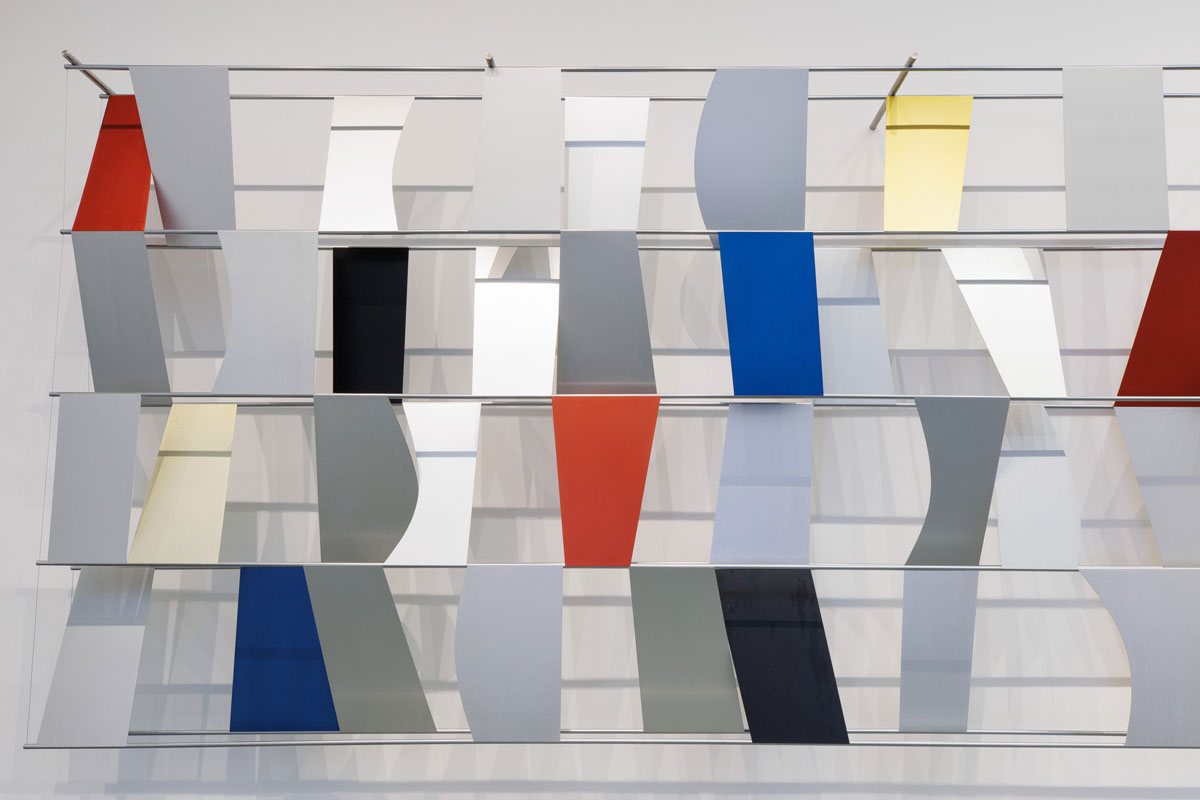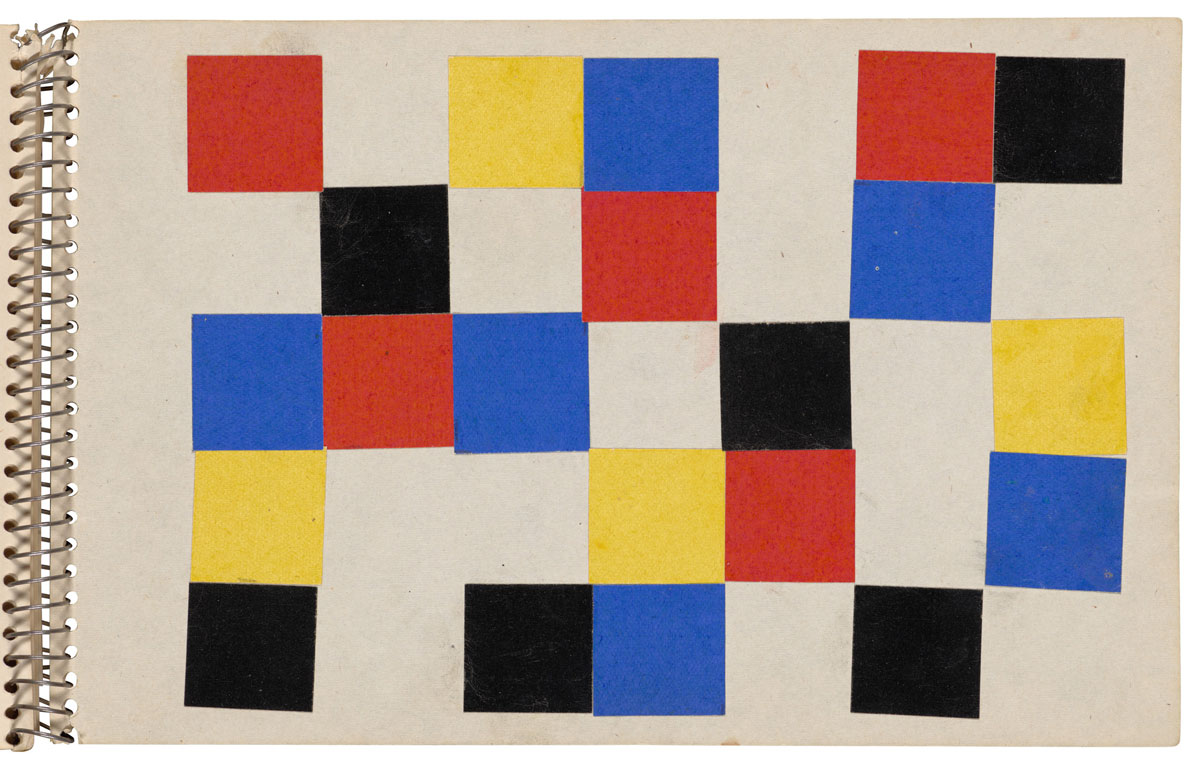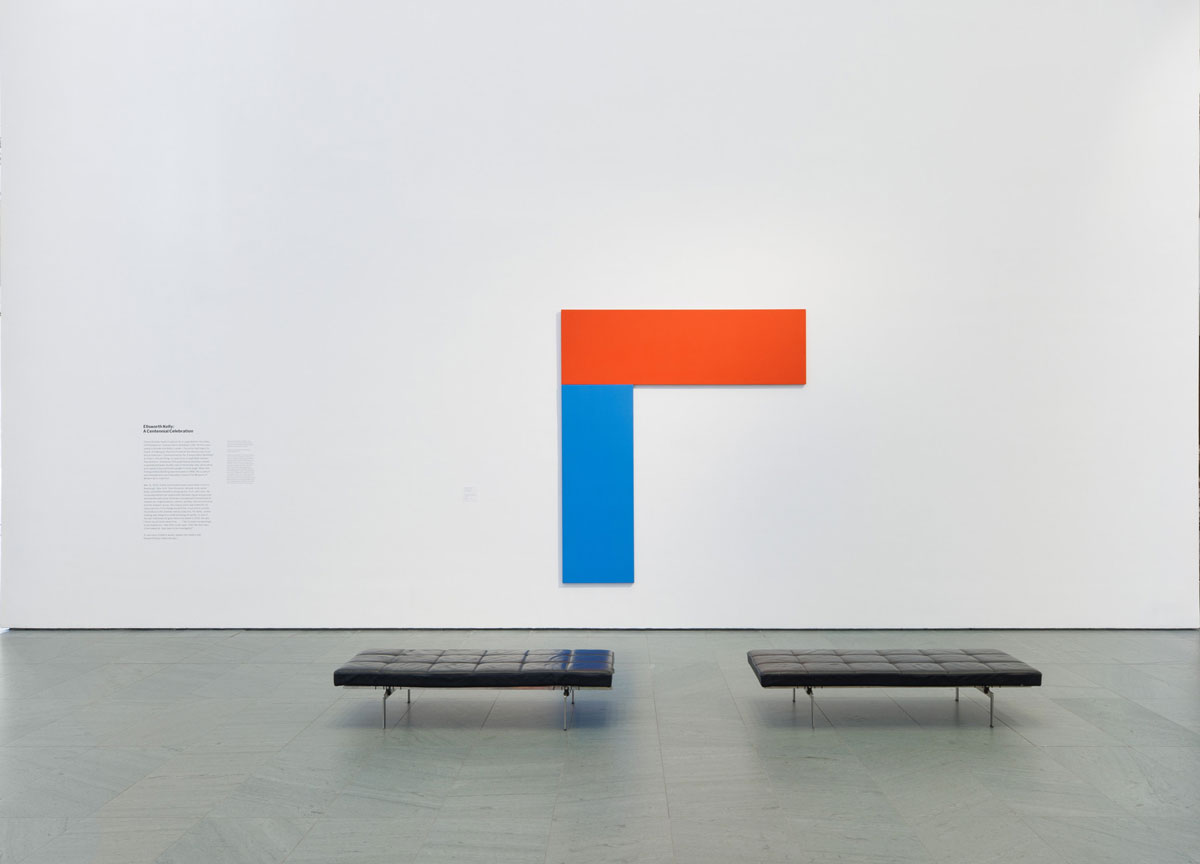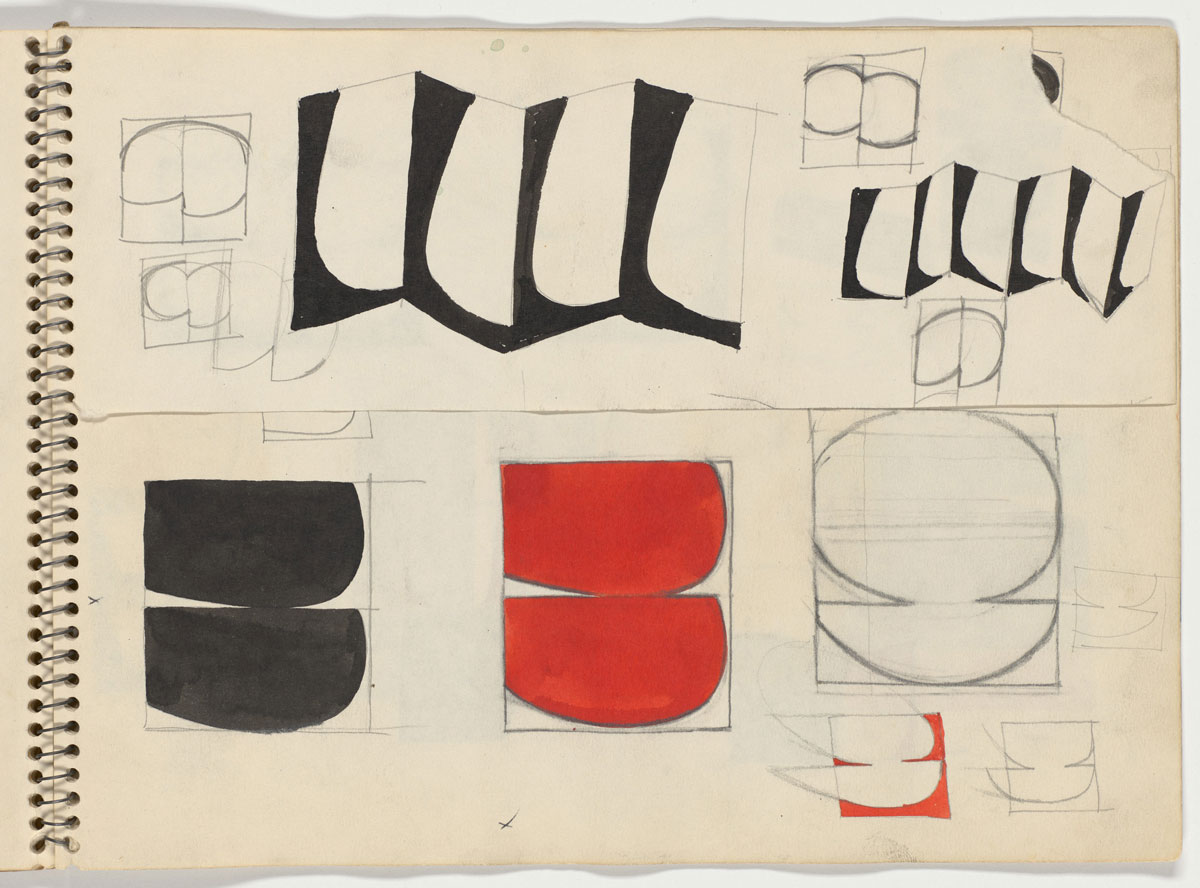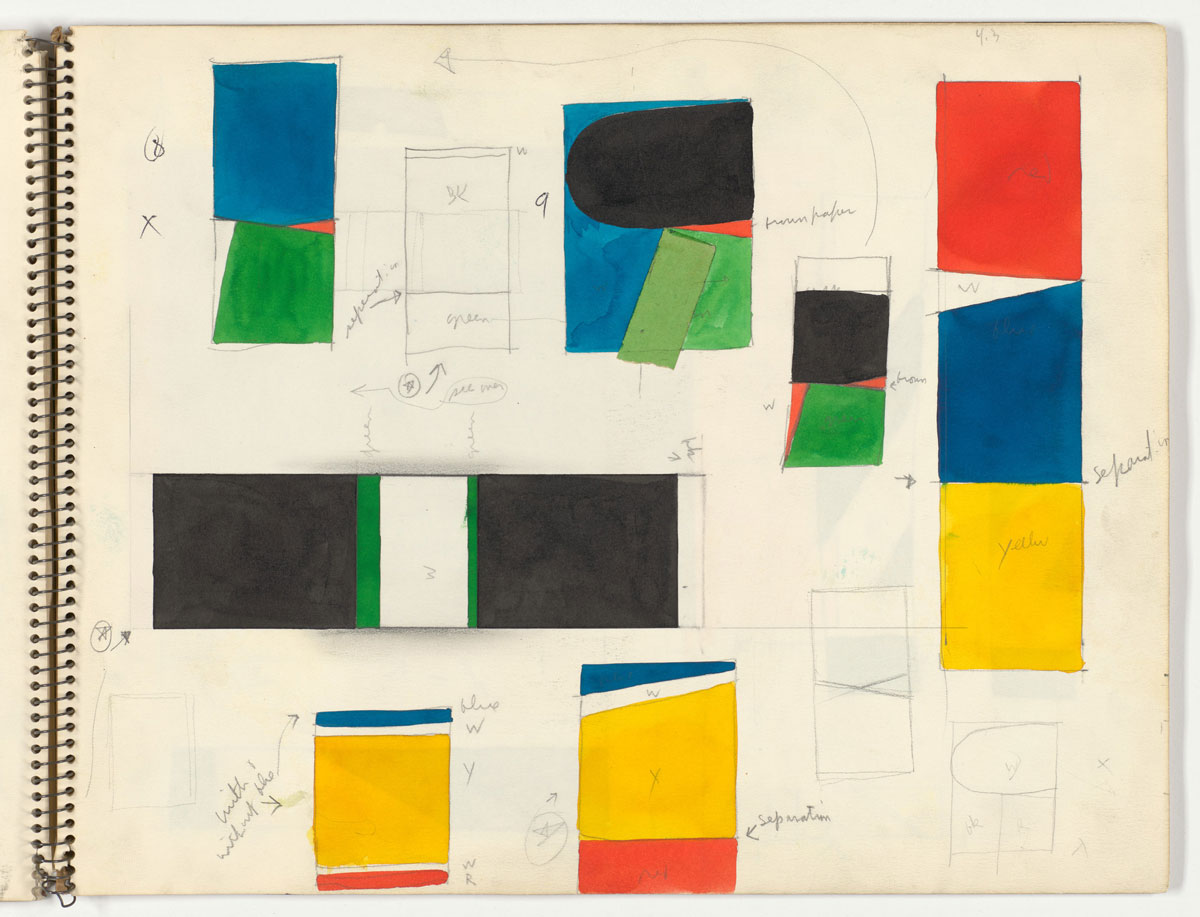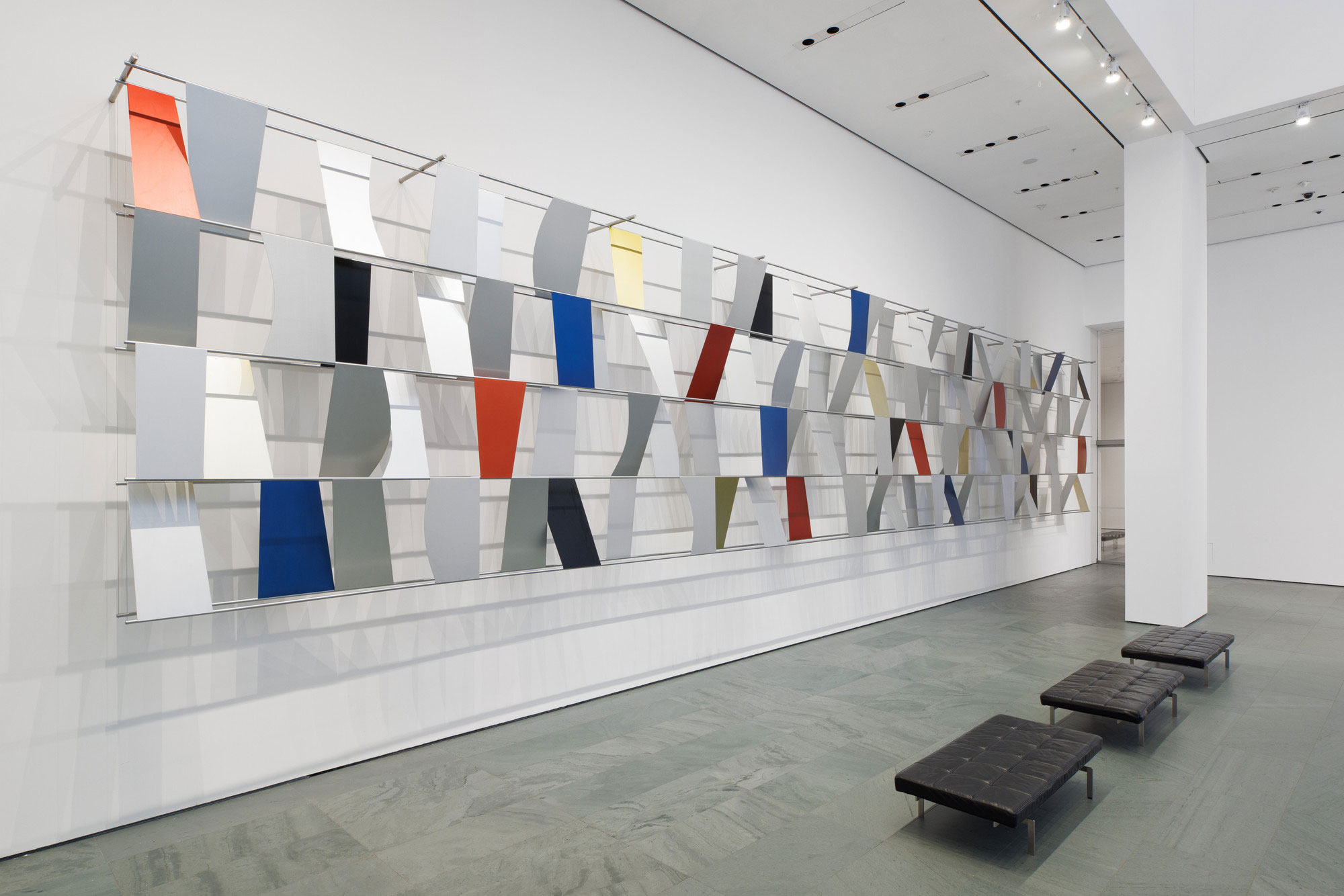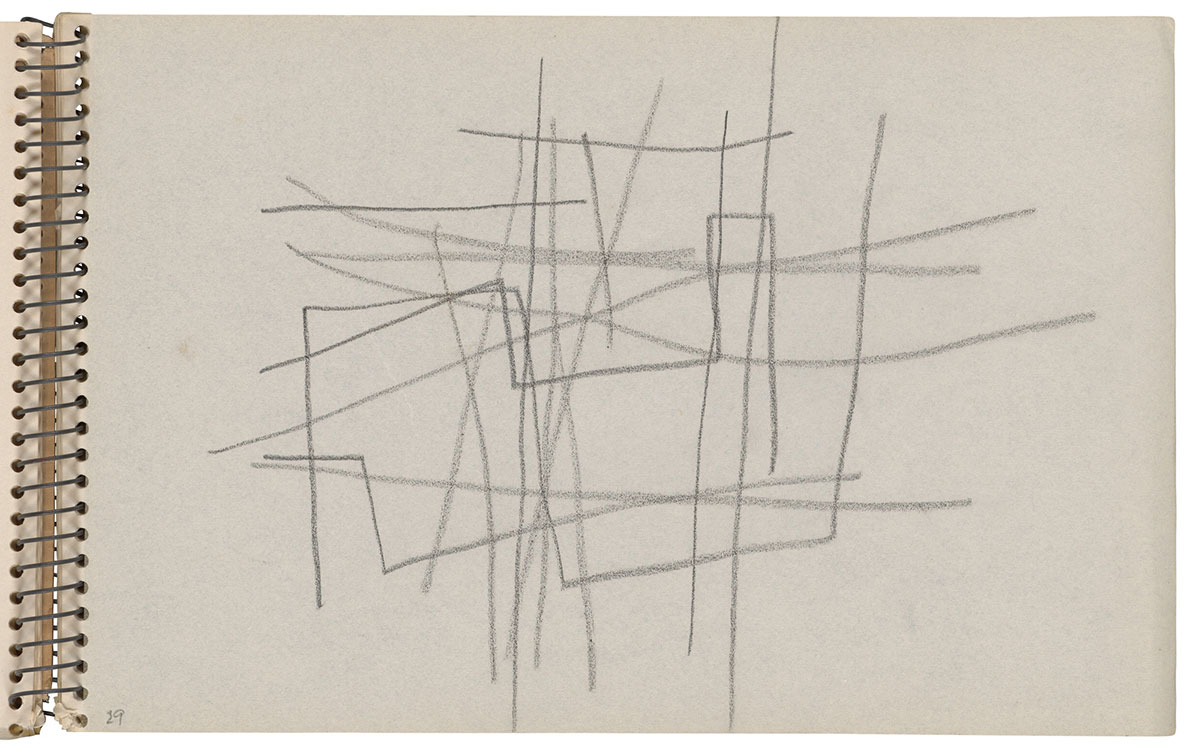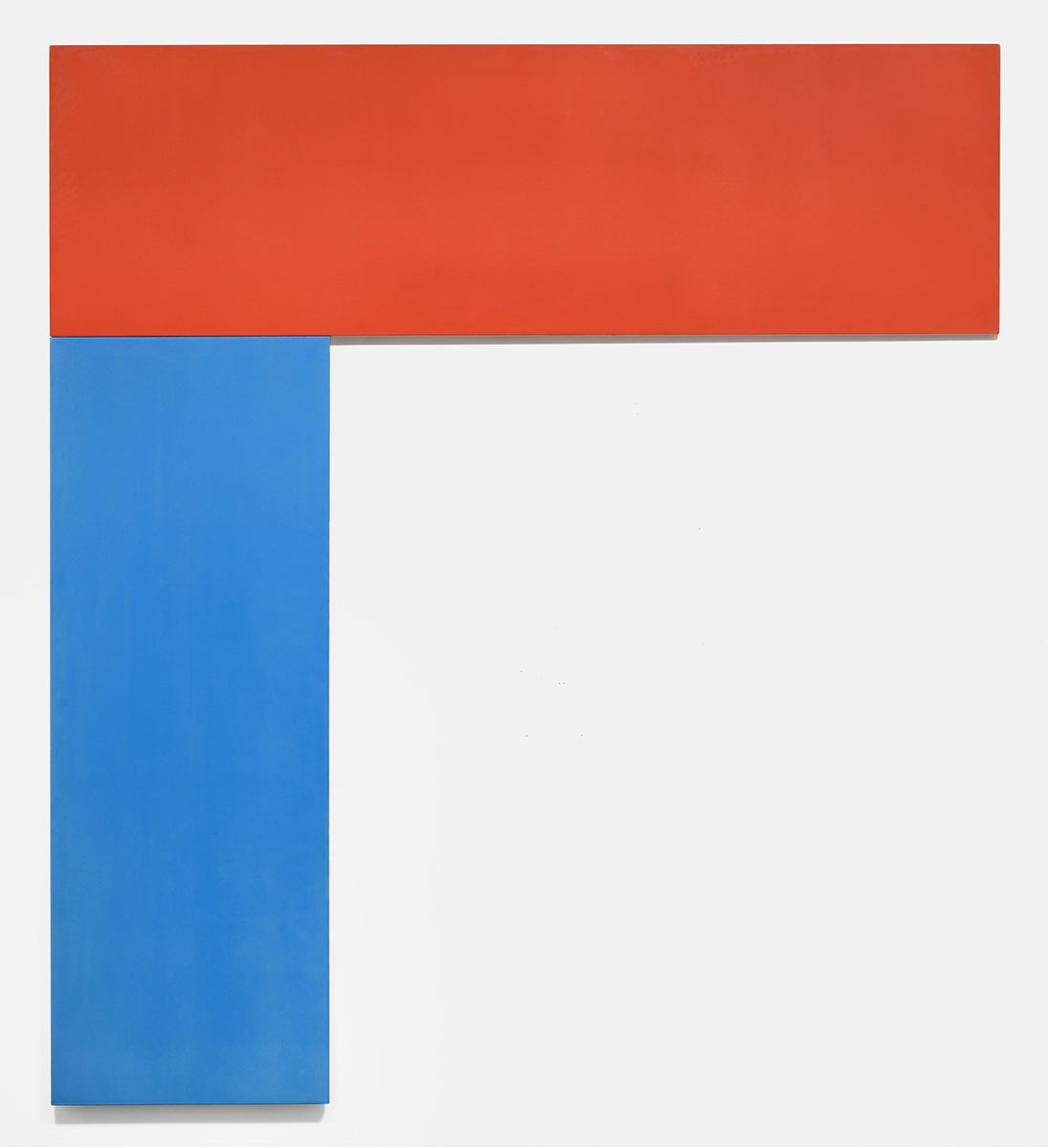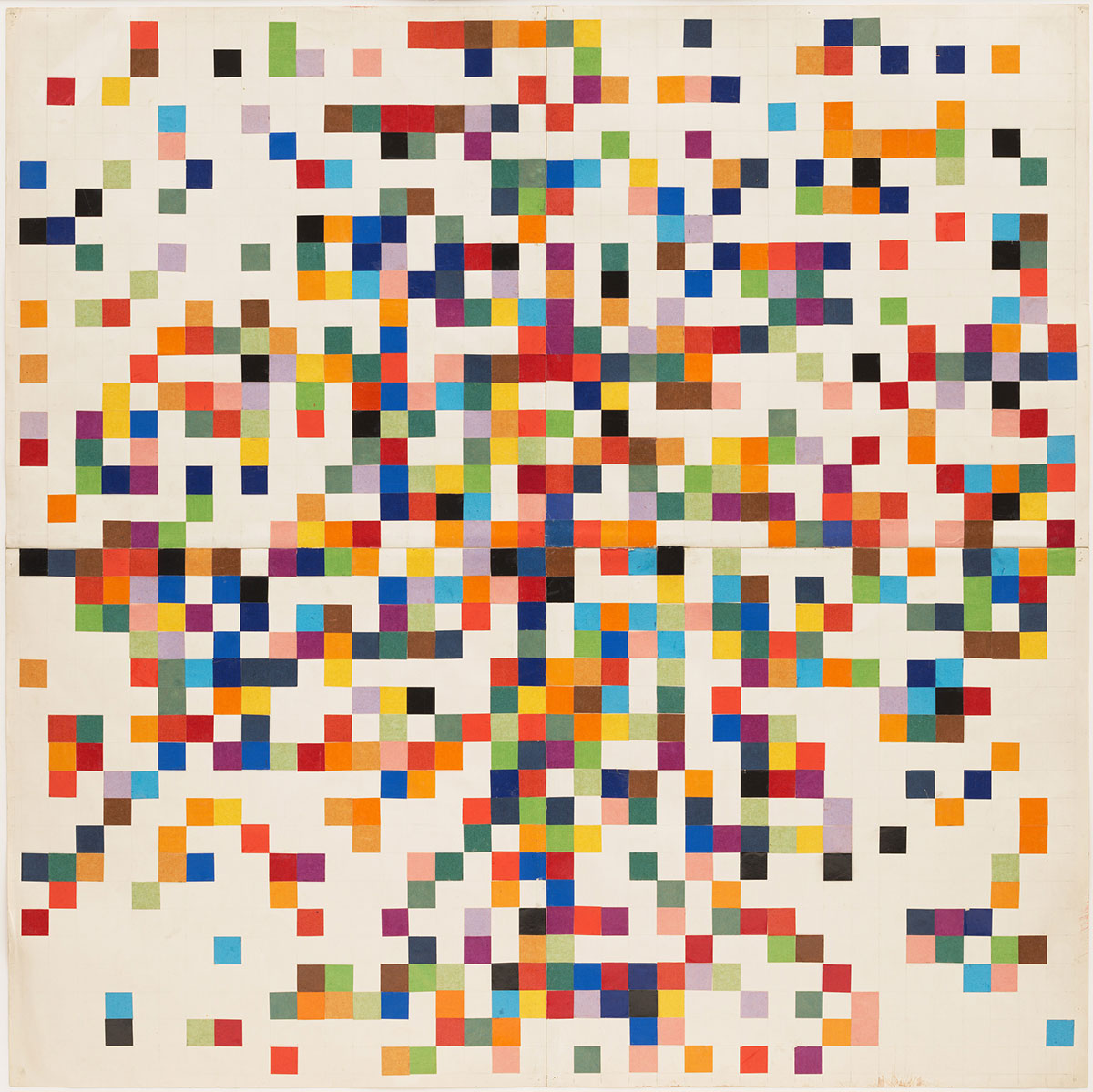ART CITIES: N.York-Ellsworth Kelly
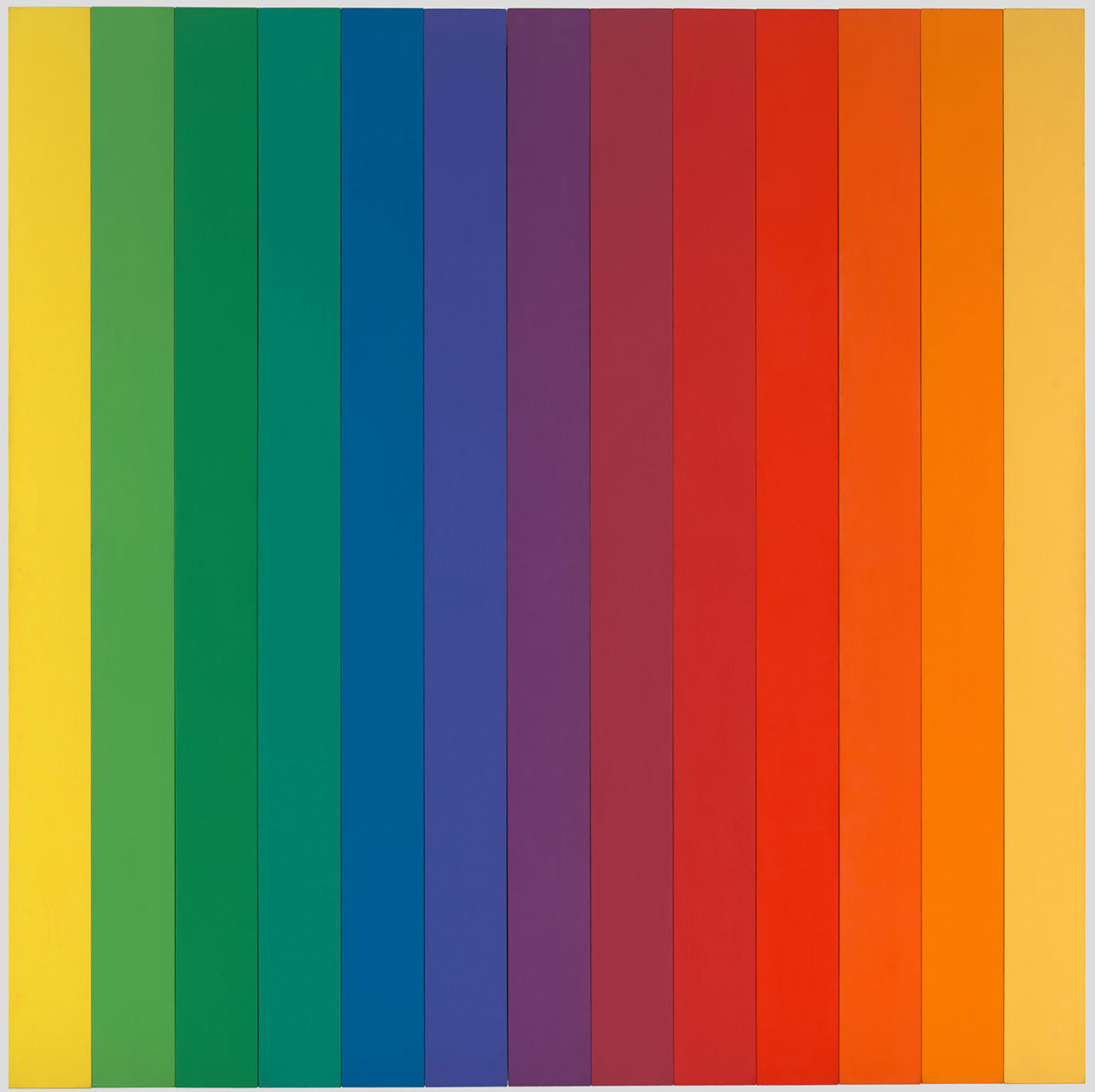 Born in 1923 in Newburgh, New York, Kelly had a unique vision fueled by his observations of the things around him. He took the things he noticed and used them as inspiration for abstract paintings, prints, drawings, sculptures, and even buildings. Over his seven-decade career, Kelly committed himself to studying line, form, and color, transforming some of the key concepts and conventions of modern art.
Born in 1923 in Newburgh, New York, Kelly had a unique vision fueled by his observations of the things around him. He took the things he noticed and used them as inspiration for abstract paintings, prints, drawings, sculptures, and even buildings. Over his seven-decade career, Kelly committed himself to studying line, form, and color, transforming some of the key concepts and conventions of modern art.
By Efi Michalarou
Photo: MoMA Archive
For the 100 years from the birth of Ellsworth Kelly MoMA presents the exhibition “A Centennial Celebration”. In addition to showcasing the paintings “Spectrum IV” (1967) and “Chatham VI” (1971), this exhibition provides the rare chance to see “Sculpture for a Large Wall”, which Kelly made for the lobby of Philadelphia’s Transportation Building in 1957. It features 104 quadrilateral aluminum panels suspended between double rows of horizontal rods, which allow each panel to be positioned upright or tilted at an angle. It was commissioned by the building’s architect, Vincent Kling. This was an effervescent period for public art in American cities: modernist office towers and plazas provided rich opportunities for large-scale works by contemporary artists. Kelly, who was 34 in 1957, had been working in New York City for just a few years, following a productive stay in France from 1949 to 1954. In Paris, Kelly had developed the abstract vocabulary of line, form, and color that continues to fuel his art to the present day. He also had begun to dream of reaching beyond painting’s usual scale to make works that functioned at the intersection of art and architecture. The Philadelphia commission permitted the realization of this ambition. Spanning more than 65 feet, Sculpture for a Large Wall features 104 shaped panels suspended between double rows of horizontal rods that allow each panel to be positioned either upright or tilted at an angle. The designated site was high above the lobby’s elevator banks, facing an outdoor plaza through the building’s glass facade. Kelly’s relief occupied this site for four decades, but in 1998, with the building slated for reconstruction and its contents in jeopardy, the sculpture had to be removed. Later that year, Jo Carole and Ronald S. Lauder acquired the work and donated it to The Museum of Modern Art, where it joined a collection of more than 250 paintings, sculptures, drawings, and prints by the artist. Completed in the early 1970s, the “Chatham” Series is a group of fourteen paintings Kelly worked on in the town of Chatham in upstate New York; a far cry from the Manhattan environment that had been the artist’s home since the 1950s. Unlike De Kooning’s move to Long Island at approximately the same time, Kelly’s relocating to rural solitude did not initiate noticeable changes in his palette, or generate pastoral themes. But it gave him what he needed: a larger workspace, fewer interruptions, and the luxury of working on extended projects. Each of the paintings in the “Chatham Series” is an upside-down “L” composed from two conjoined rectangular panels of different color. It is a simple and elegant, though not a pictorially intuitive choice, as each painting reads more as object than picture. Yet an important advantage gained by what might otherwise appear to be an arbitrary shape is how it seduces the viewer into considering its components as free-form collage elements, intensifying the interaction of the two colors without having to wrestle with the ever mystifying picture plane. The “L” shape amplifies color and proportion in a way that might otherwise have been subsumed into a more conventional and hence less effective pictorial language. MoMA’s celebration of Kelly’s continues with “Ellsworth Kelly’s Sketchbooks”, which highlights the artist’s process on paper.The works that Ellsworth Kelly created over his six-decade career feature economic lines, reduced geometries, and uninterrupted planes of color. They appear strikingly simple yet embody a semblance of ease that conceals the effort and experimentation involved in producing them. Kelly’s sketchbooks—which largely remained private throughout the artist’s lifetime—reveal the particularities of his unique process. Their pages hint at the real-world references that often inspired his seemingly non-objective compositions.
Photo: Ellsworth Kelly, Spectrum IV, 1967, Oil on canvas, thirteen panels, 9′ 9″ x 9′ 9″ (297.2 x 297.2 cm), MoMA Collection, Mrs. John Hay Whitney Bequest and The Sidney and Harriet Janis Collection (both by exchange), and gift of Irving Blum, Object number, 319.1999.a-m,© 2023 Ellsworth Kelly
Info: Curators: Ann Temkin, Assistant Curator: Lydia Mullin, MoMA (Museum of Modern Art), 11 West 53 Street, Manhattan, New York, NY, USA, Duration: 19/2-29/7/2023, Days & Hours: Mon-Fri & Sun 10:30-17:30, Sat 10:30-19:00, www.moma.org/
